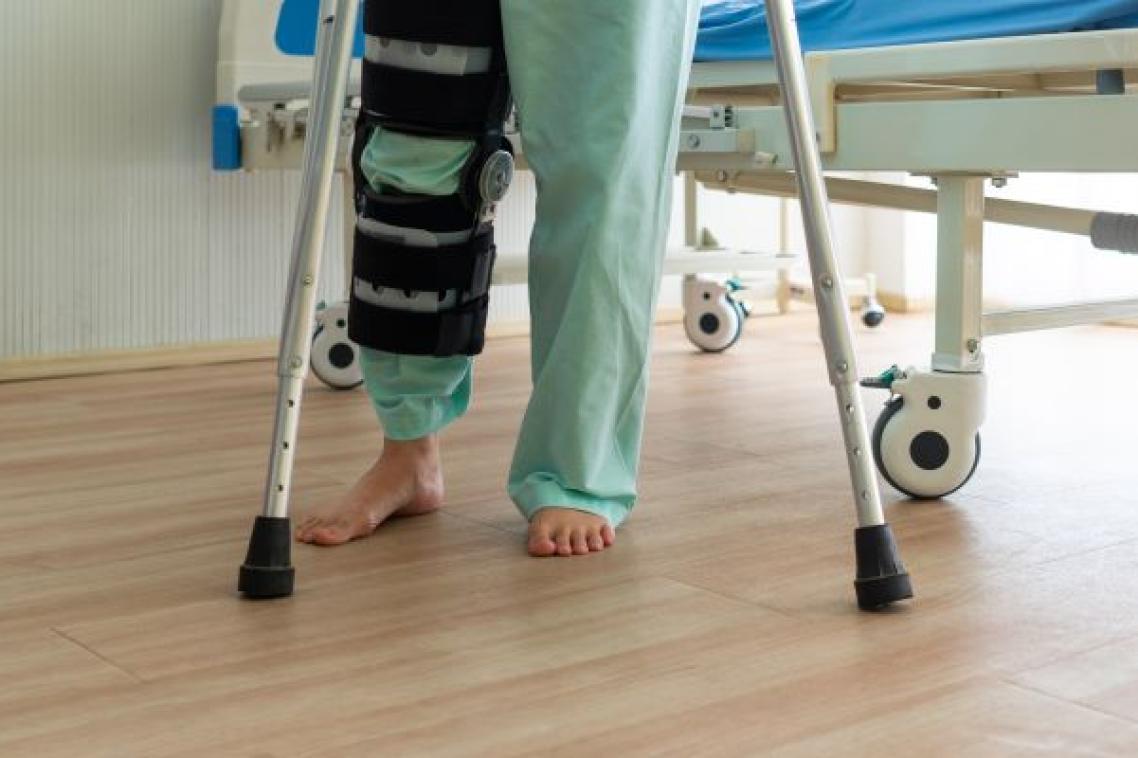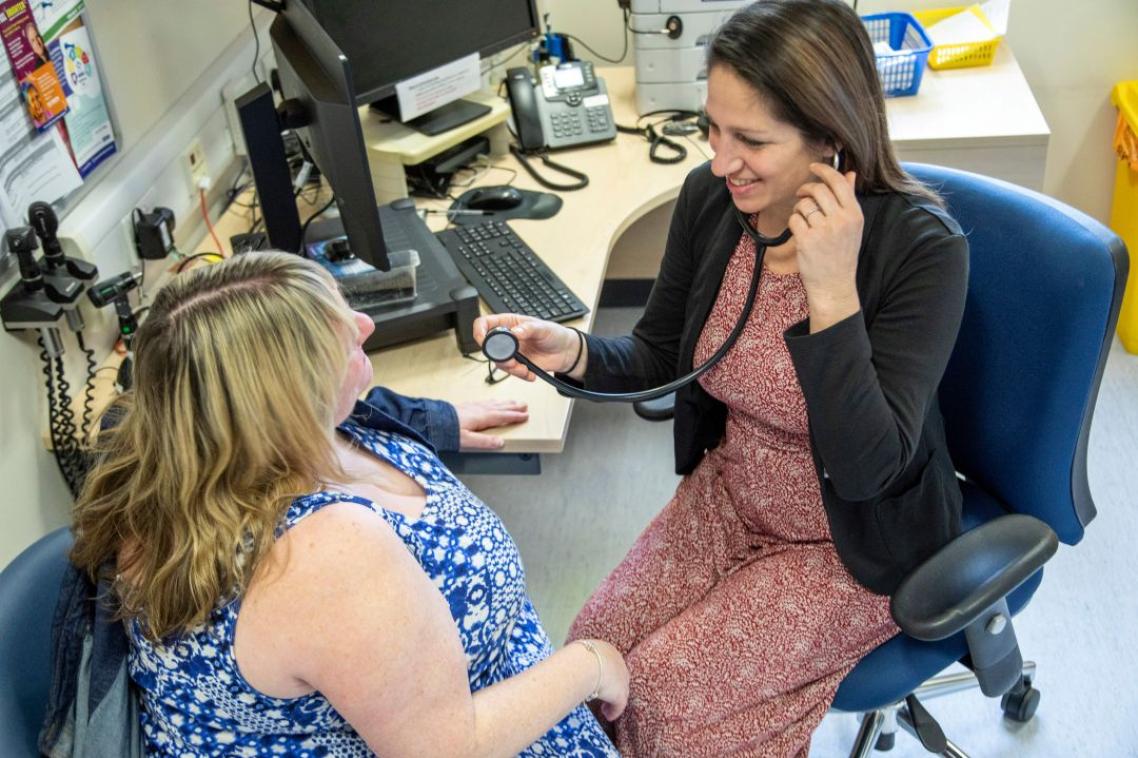Obesity linked to higher rate of knee replacement revisions

University of Queensland research has revealed Australians undergoing a knee replacement operation are at a higher risk of needing further surgery if they’re obese.
Researchers from The University of Queensland Rural Clinical School (UQRCS) examined the association between obesity and unsuccessful knee replacements requiring a revision operation in six years of data from the Australian Orthopaedic Association National Joint Replacement Registry.
Lead investigator and orthopaedic surgeon, UQRCS’s Dr Chris Wall, said the most common reasons for revision surgery were infection, implant loosening, instability, and pain.
“We found that obese patients had a higher rate of revision surgery overall, and a higher rate of revision for infection specifically, when compared to non-obese patients,” Dr Wall said.
“Morbidly obese patients also had a higher rate of revision for implant loosening.”
Thirty-one per cent of Australian adults are obese which is a recognised risk factor for the development of knee osteoarthritis and the subsequent need for knee replacement surgery.
UQRCS Head of Research Associate Professor Srinivas Kondalsamy-Chennakesavan said a previous study by the research team showed that 58 per cent of patients who underwent a knee replacement in Australia were obese.
“Our previous work showed that the risk of undergoing a knee replacement for osteoarthritis is clearly related to a person’s body mass index,” Dr Kondalsamy-Chennakesavan said.
“This study found that obese patients undergoing knee replacement have a higher risk of revision surgery than non-obese patients.”
Dr Wall said the results were concerning because they foreshadowed a growing demand for revision knee replacement surgery.
“This carries a significant psychosocial cost to patients and a large economic cost to the healthcare system,” Dr Wall said.
“A population-level approach to address the increasing prevalence of obesity is urgently needed to reduce the burden of obesity-related knee osteoarthritis, primary knee replacement and revision knee replacement.”
The study was conducted in collaboration with Professor Christopher Vertullo, Ms Michelle Lorimer and Professor Richard de Steiger.
The paper is published in the Journal of Bone and Joint Surgery. American Volume.
Media: Dr Chris Wall, chris.wall@health.qld.gov.au, 07 4616 6149; UQRCS, uqrcs.marketing@uq.edu.au, 0414 678 847; UQ Communications, med.media@uq.edu.au, +61 (0)436 368 746.
Topics
Related articles

Nature versus nurture question addressed in landmark study

A better way to assess cardiovascular health
Media contact
UQ Communications
communications@uq.edu.au
+61 429 056 139
